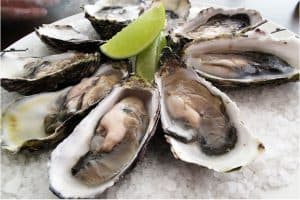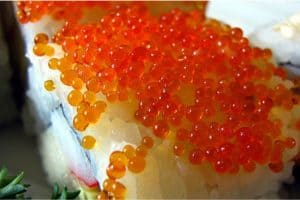
DISCLAIMER: The information provided on this site is based on standard recommended pregnancy diets and does not cover pregnancies with special conditions.
Any recommendations made on this website are not a substitute for medical consultation. Always check with your doctor.




